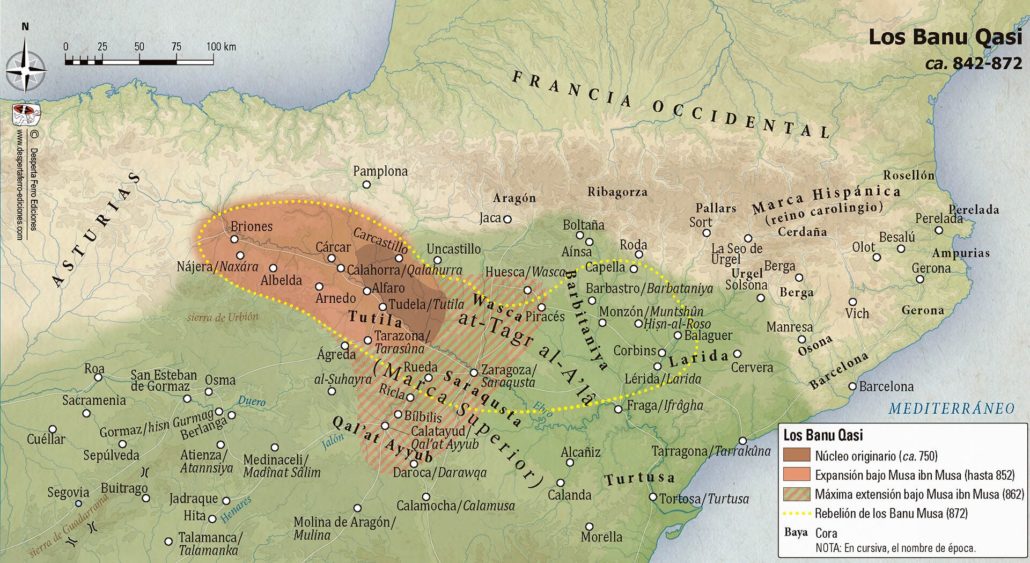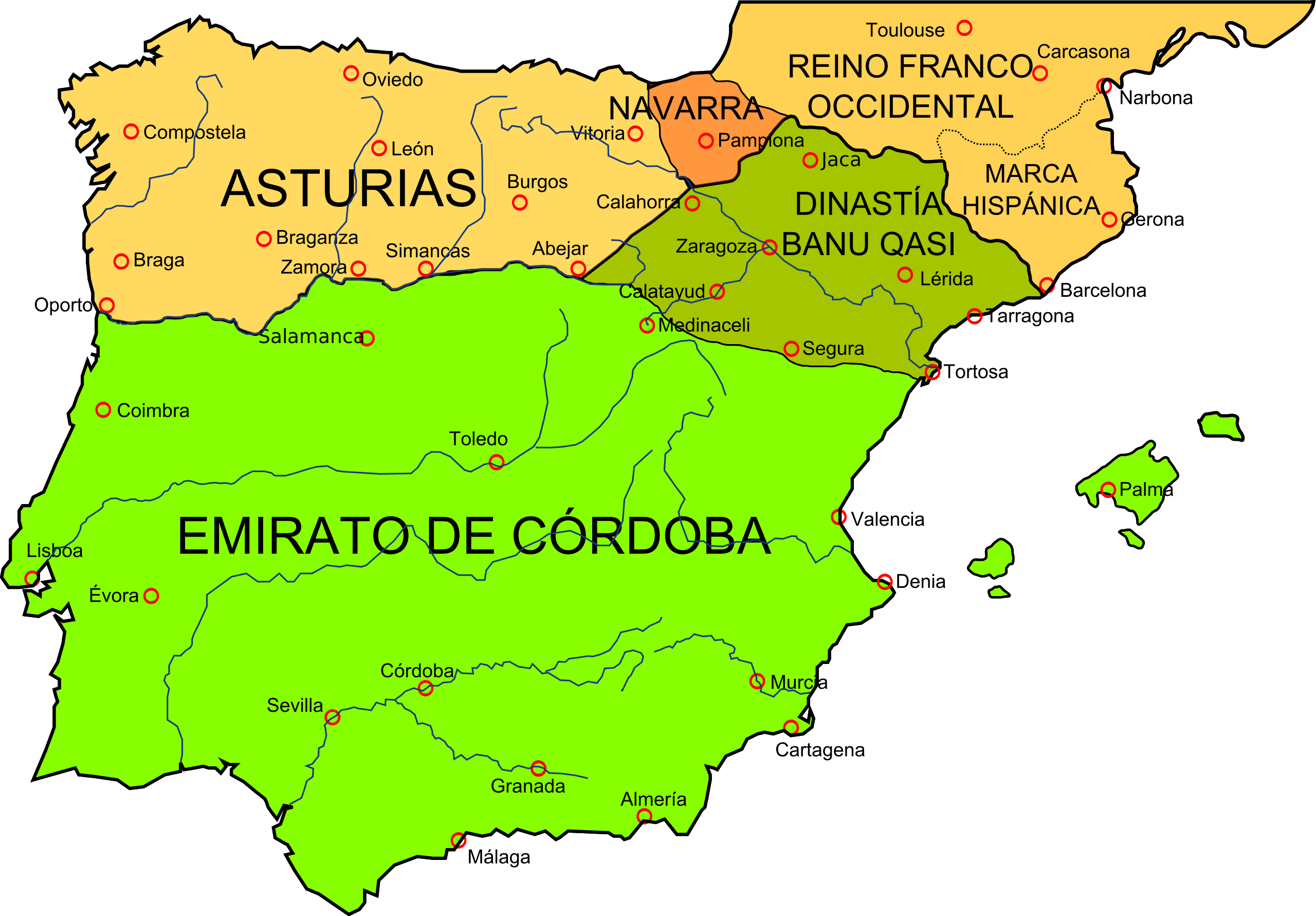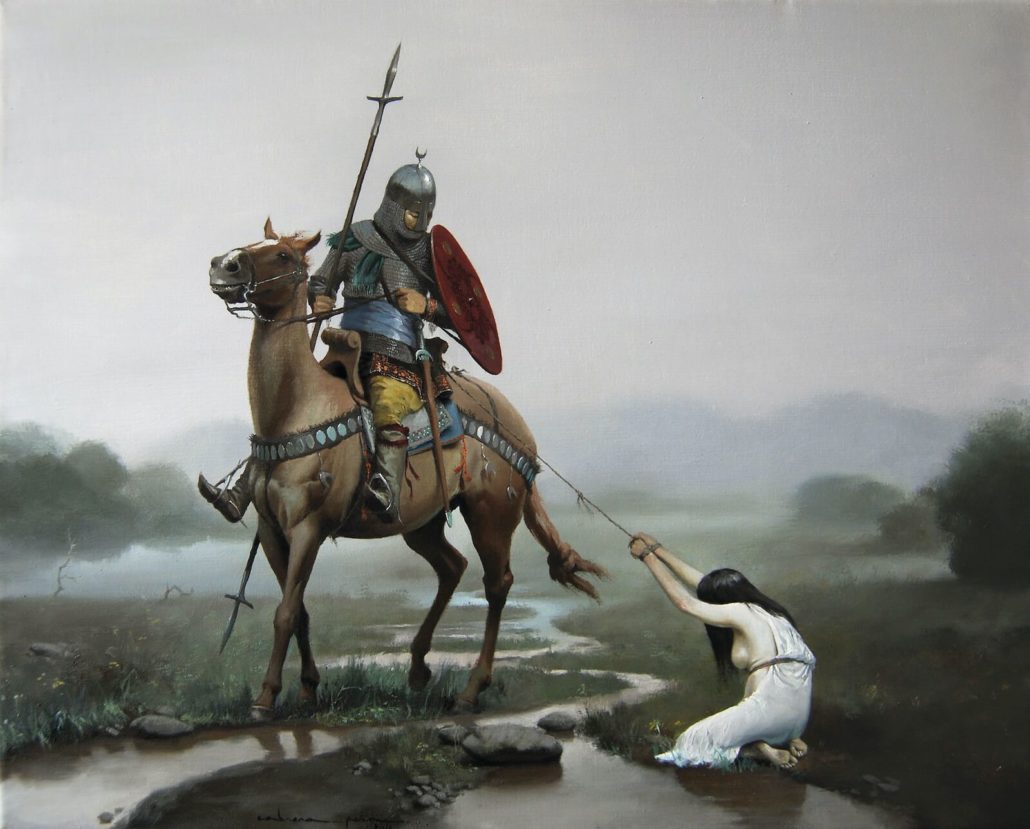Umar's proposal for decentralization may be similar to feudalism. Of course, since he didn't win, we don't have to know what this decentralization would be like. But in theory you have regions that are semi-independent to structure their fiefdoms as they wish. As a whole Islamic kingdoms were more centralized so even with Umar's reforms the central government would still have more power than a feudal king. Perhaps something between Norman England, which was very centralized for the period, and France, which was exactly the opposite, maybe with a form of council for the muladi elites to be able to speak to the emir
First in this era, this distinction between "mosque" and "madrasa" was not very present. In 859 we have the al-Qarawiyyin in the city of Fes, present-day Morocco (which is considered by some to be the most ancient university, but this is disputed due to the religious curriculum. So depending on the classification it is either it or the university of Bologna). In any case, madrasahs only became an Islamic pillar in the 11th century, and this period is considered by many as the starting point for the proliferation of formal madrasas. soS in this era Hafsunid madrassas will not be a problem.
Second, you are wrong the old elite was part of the power closely linked to the Umayyads and they were extremely important political players, if they were not Al-Mansur they would not have had to fight with the Arab elite for power during his rise (or exterminate them to ensure his power in the long term). If it weren't for them, the Umayyads wouldn't have a power base. The issue is more of a dispute over space, so we will probably have something similar to the Umayyad court, but instead of Berbers and Arabs we will have Muladis and Mozarabics; with Umar's power base (the Muladis and Mozarabics) occupying government positions (obviously certain positions are exclusive to Muslims).


